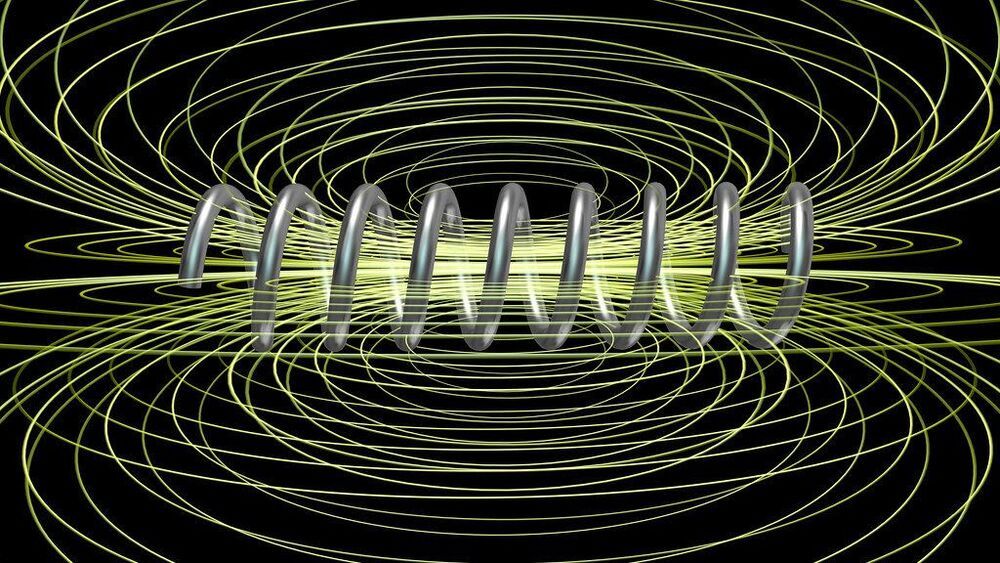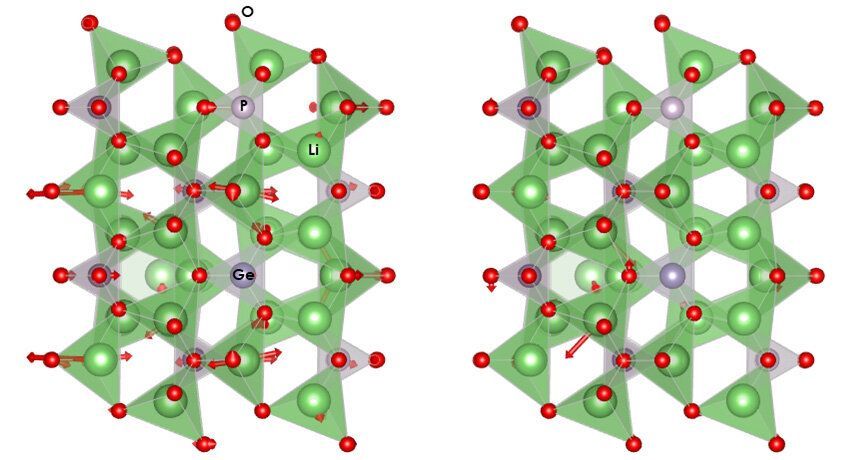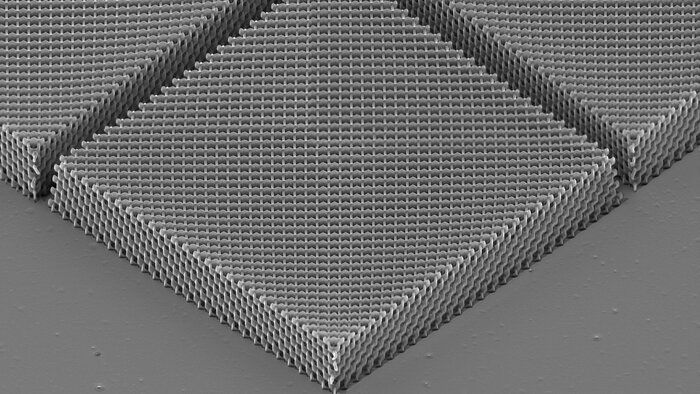JÜLICH, Germany, May 28, 2021 — Quantum systems are considered extremely fragile. Even the smallest interactions with the environment can result in the loss of sensitive quantum effects. In the renowned journal Science, however, researchers from TU Delft, RWTH Aachen University and Forschungszentrum Jülich now present an experiment in which a quantum system consisting of two coupled atoms behaves surprisingly stable under electron bombardment. The experiment provide an indication that special quantum states might be realised in a quantum computer more easily than previously thought.
 The so-called decoherence is one of the greatest enemies of the quantum physicist. Experts understand by this the decay of quantum states. This inevitably occurs when the system interacts with its environment. In the macroscopic world, this exchange is unavoidable, which is why quantum effects rarely occur in daily life. The quantum systems used in research, such as individual atoms, electrons or photons, are better shielded, but are fundamentally similarly sensitive.
The so-called decoherence is one of the greatest enemies of the quantum physicist. Experts understand by this the decay of quantum states. This inevitably occurs when the system interacts with its environment. In the macroscopic world, this exchange is unavoidable, which is why quantum effects rarely occur in daily life. The quantum systems used in research, such as individual atoms, electrons or photons, are better shielded, but are fundamentally similarly sensitive.
“Systems subject to quantum physics, unlike classical objects, are not sharply defined in all their properties. Instead, they can occupy several states at once. This is called superposition,” Markus Ternes explains. “A famous example is Schrödinger’s thought experiment with the cat, which is temporarily dead and alive at the same time. However, the superposition breaks down as soon as the system is disturbed or measured. What is left then is only a single state, which is the measured value,” says the quantum physicist from Forschungszentrum Jülich and RWTH Aachen University.







